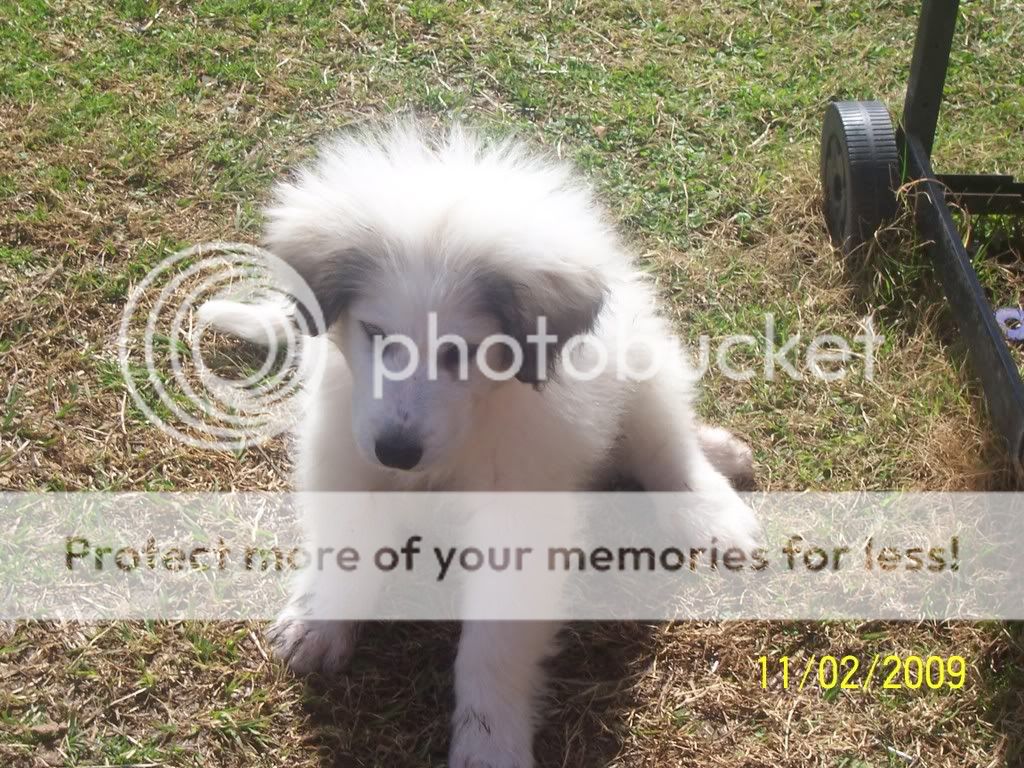- Dec 28, 2007
- 105
- 0
- 129
I have a 3 month old puppy which I hope will gaurd my chickens. Can any of you who have this breed performing this task well, give me tips on the training needed? I am particularly interested in whether I should socailize the puppy with people or pets other than the ones that live here.


